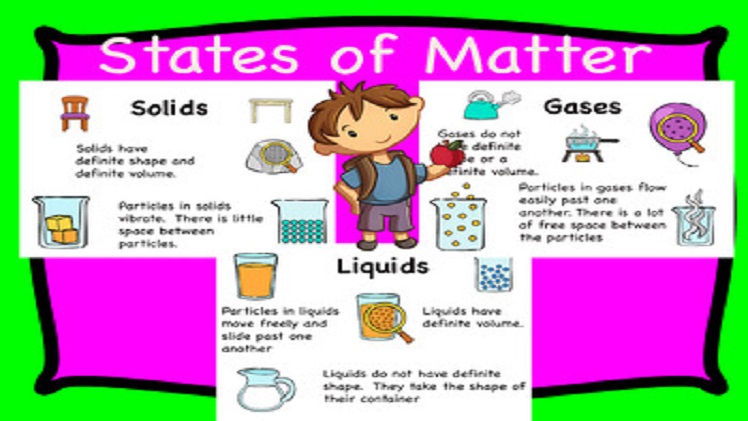Are you worried about paying too much in taxes this year? Get educated about the tax benefits available to you and take advantage of them so you can save money.
Knowledge is key to financial success, and investors like Peter Comisar report that many people wind up paying more in taxes because they don’t take full advantage of the tax shelters available. Don’t be one of them. Here are seven tax shelters you might not know about.
- Pay Into an IRA
Your retirement years will be here before you know it, so why not be prepared and enjoy a tax break. You can contribute annually to either a traditional IRA. Part of your contribution will come straight off your tax bill. Or contribute to a Roth IRA and you won’t have to pay taxes on the interest you earn later.
- Don’t Forget the Earned Income Tax Credit
If you work and your income is low enough you can qualify for the earned income tax credit. Be aware that if you receive investment income over a certain amount, you won’t qualify, so if you have a rental home or other investment, pay for remodeling or other improvements to get your income down.
- Start a Business
Running a small business is a great way to qualify for all kinds of business deductions. You can deduct part of the mortgage on your home if you run a business and the percentage of space is set aside for a home office. You can also deduct travel and other expenses.
- Get Educated
Have you been wanting to catch up on your education? Now you can while earning a tax shelter to boot. By attending just about any school out there, you can get a tax break up to 20 percent of your annual education expenses with the Lifetime Learning Credit.
- Have Children
If you have children under the age of 17 that you’re caring for at home, you can get your tax bill reduced through the child tax credit. You get a sizable tax break for each child in your home, and it’s enough to substantially reduce or even eliminate the taxes that you’d normally owe.
- Pay for Childcare
If you’re paying for child-care expenses while you’re at work, you can get a tax credit for what you paid in childcare up to a certain amount.
Keep these in mind when tax season comes around and you’ll find filing for taxes far less painful and more financially rewarding.
 Tech Readers
Tech Readers




